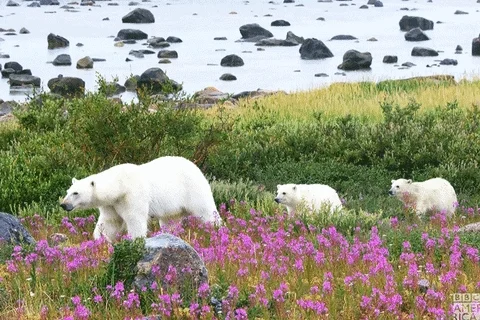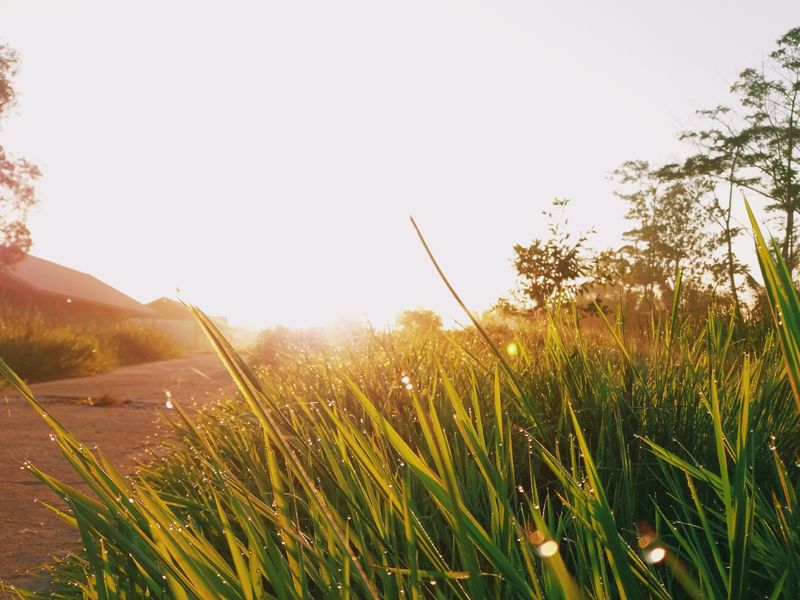
This logo isn't an ad or affiliate link. It's an organization that shares in our mission, and empowered the authors to share their insights in Byte form.
Rumie vets Bytes for compliance with our
Standards.
The organization is responsible for the completeness and reliability of the content.
Learn more
about how Rumie works with partners.
Do you like being outdoors? Do you enjoy gathering data?
Then becoming an ecologistmight be the right career for you.

Ecologists shine a light on what is going on in the natural world to help us make the right choices for the future!
Did you know?
What's involved?
As an ecologist, you'll communicate with different professionals such as engineers and botanists to help people learn more about what is going on in nature — but you'll spend a lot of time doing fieldwork independently.

What sort of qualifications do I need?
Where do ecologists work?
offices — looking at data and reports, having meetings, and using computer models
labs — processing samples and doing lab experiments
outdoors — studying wildlife and plants, collecting data and samples
What is the pay like?
You may think that ecologists don't make much money, but you might be surprised!
What are the pros and cons?
Pros
Spending lots of time outdoors
Helping keep habitats clean
Working independently
Educating the public and private sector
Cons
Field works is physically demanding
Lots of travel
Irregular working hours
High level of accuracy needed

Quiz
Which of these people might make a good ecologist? Select all that apply.
Tina and Jose might enjoy being ecologists. Ecologists need to work with data and often work outdoors. This type of work might not be a good fit for Sam because ecologists often don't work traditional hours, nor for Clancy because the work is often independent and away from people.
Take Action
Do you now feel inspired to become an ecologist?
This Byte has been authored by
Pam Pillay
Learning Designer



